Ethiopia
Ethiopia’s determination to reform has seen up to 13,000 people who were previously charged with or convicted of terrorism and/or treason, pardoned over the past six months, state media said.
Parliament in July passed a law allowing people convicted or facing charges of “treason, crime against the constitutional order and armed struggle’‘ to apply for pardons.
“More than [13,200] individuals took advantage of the law in the past six months,” state-affiliated Fana Broadcasting Corporate said on Tuesday, citing Ethiopia’s attorney general.
The previous government had said around 30,000 people including students, opposition leaders, journalists and bloggers were in detention following widespread protests that broke out in 2015.
Reformist Abiy
Abiy took office in April following more than two years of anti-government unrest that had prompted the government to twice declare a nationwide state of emergency and led to hundreds of deaths and tens of thousands of arrests.
He has since won over many Ethiopians by releasing jailed dissidents and welcoming home banned groups, all while promising to make elections expected in 2020 free and fair.
READ MORE: Ethiopia elections chief pledges ‘transparent and trustworthy’ workIn addition to the release of political prisoners, parliament in June legalised two secessionist groups – the Oromo Liberation Front and the Ogaden National Liberation Front – and the exiled opposition movement ‘Ginbot 7’, all previously considered terrorist groups.
The government is now in discussion with opposition politicians and civil society groups to make amendments to the anti-terrorism law.
The threat of inter-ethnic conflicts
But violence has also surged since his inauguration, with ethnic clashes breaking out throughout the countryside and in the capital Addis Ababa.
The fighting drove at least 1.4 million people from their homes last year, among the highest tallies in the world.
Earlier this week, the United Nations humanitarian coordinator in Ethiopia said more aid was needed for 250,000 people displaced in the Benishangul-Gumuz and Oromia regions in western Ethiopia, where ethnic violence surged late last year.



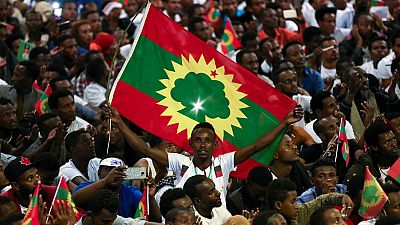

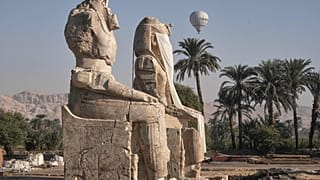

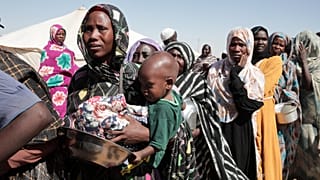
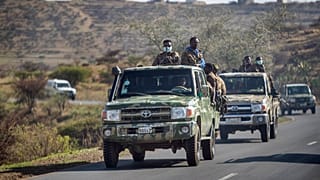

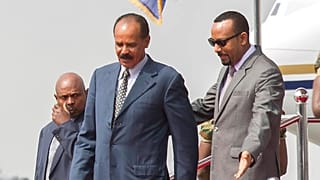

Go to video
Egypt and Sudan welcome US offer to resume mediation over Ethiopia's Nile River dam
00:40
IMF approves new $261 million disbursement for Ethiopia
01:03
The Gambia Reparations Commission begins payments to victims of Jammeh-era abuses
01:09
Chinese foreign minister begins annual Africa tour with Ethiopia visit
00:49
Nigeria: Ex-justice minister Abubakar Malami granted bail in money laundering case
Go to video
Ethiopia's Orthodox Christians celebrate Christmas Eve in Addis Ababa